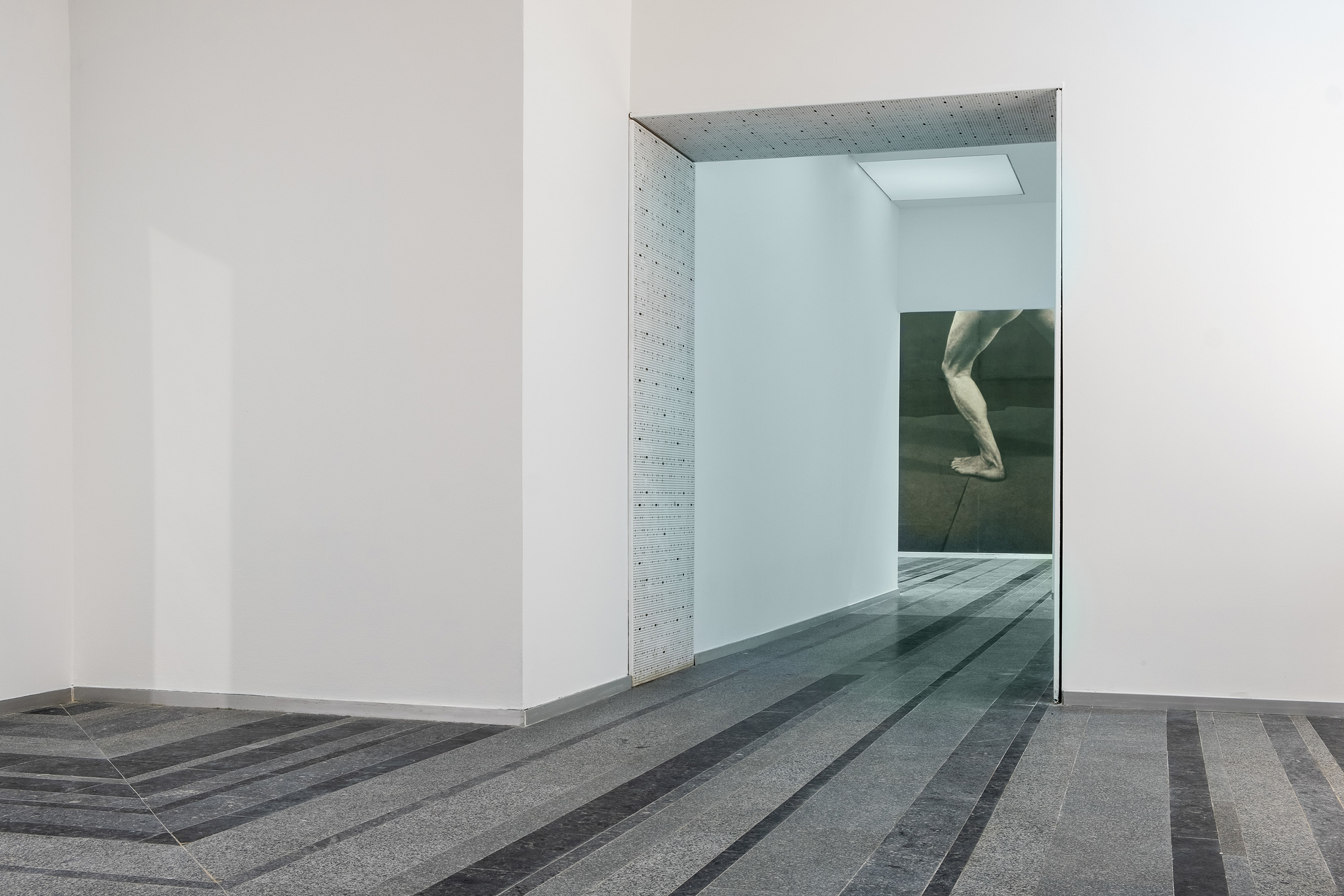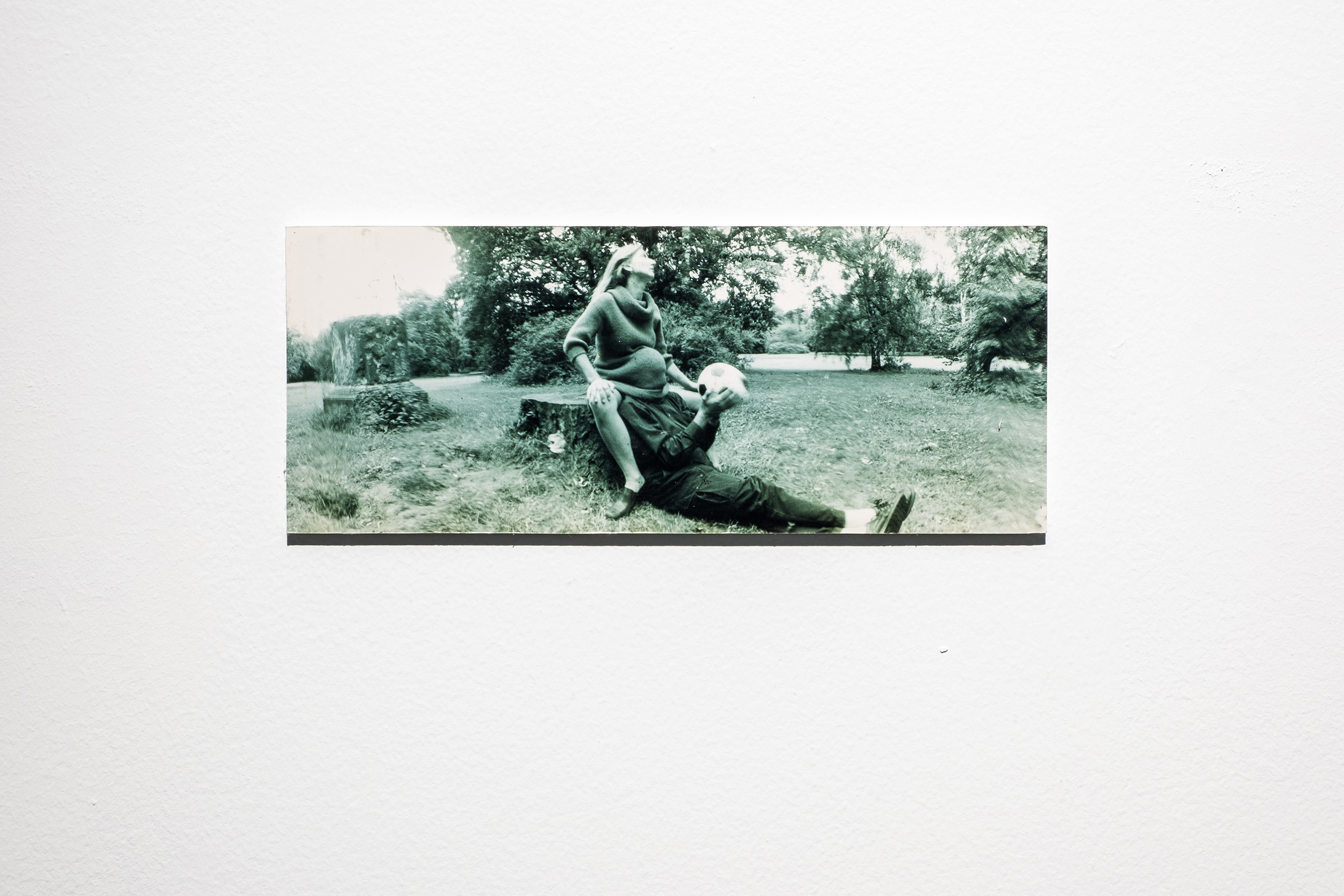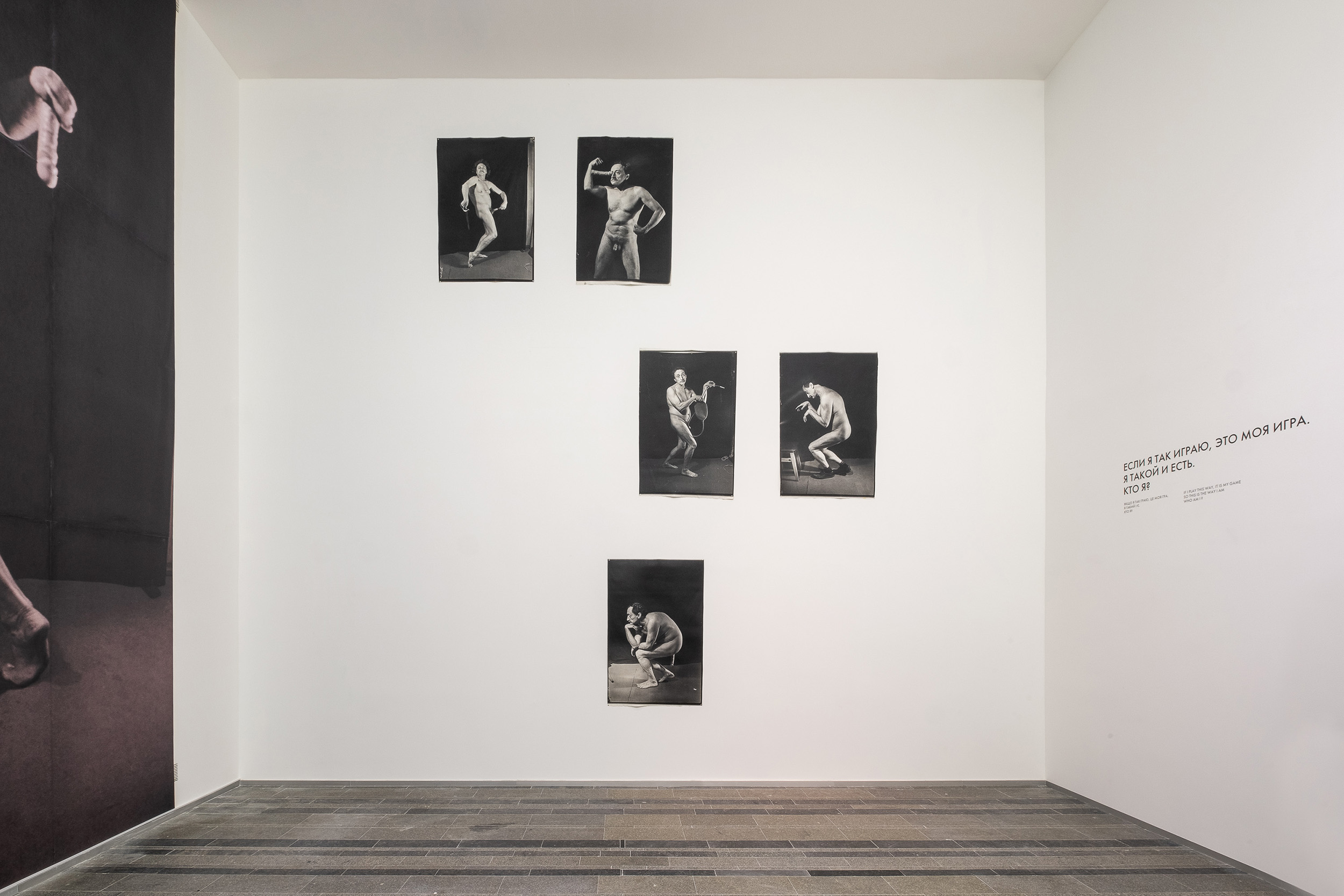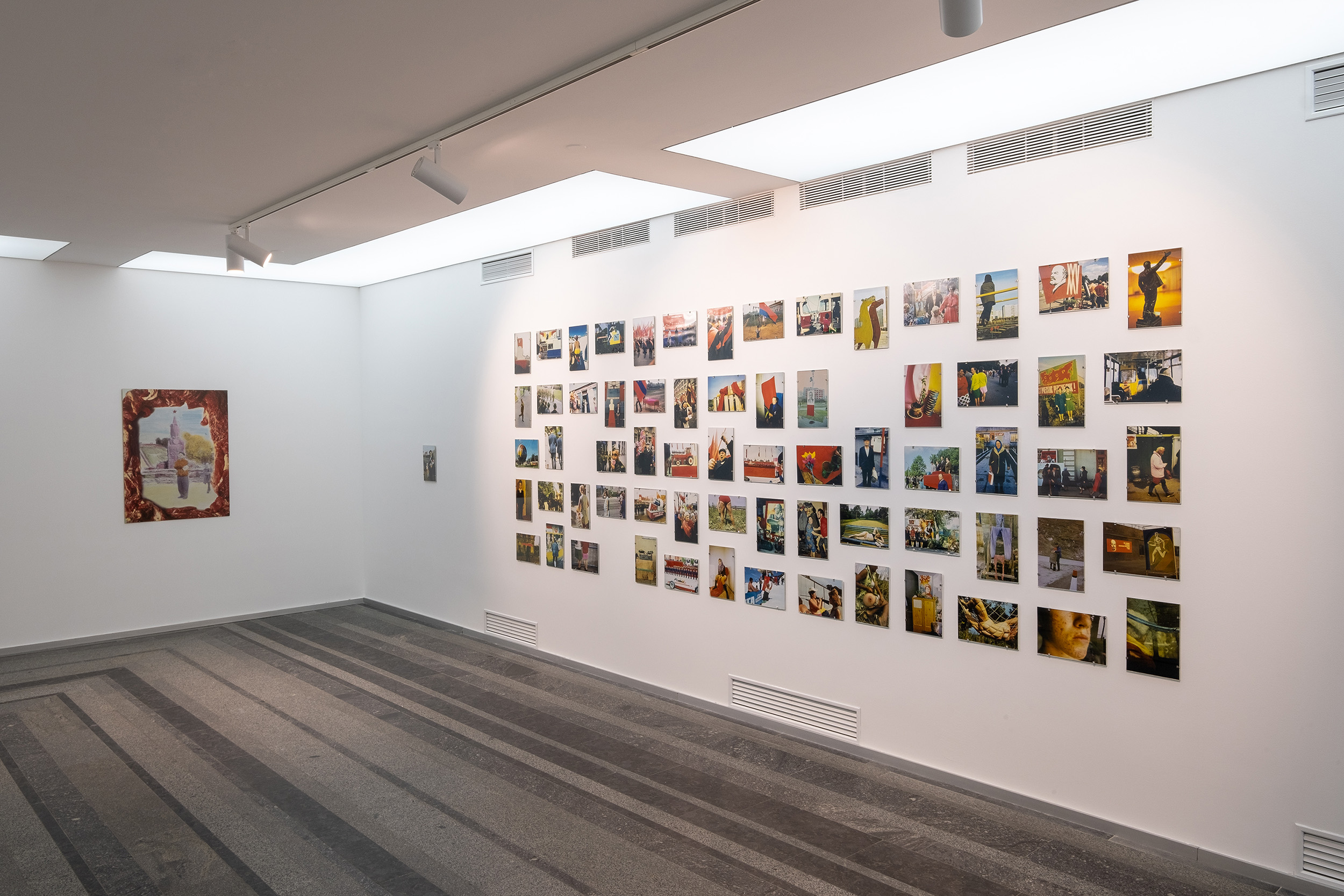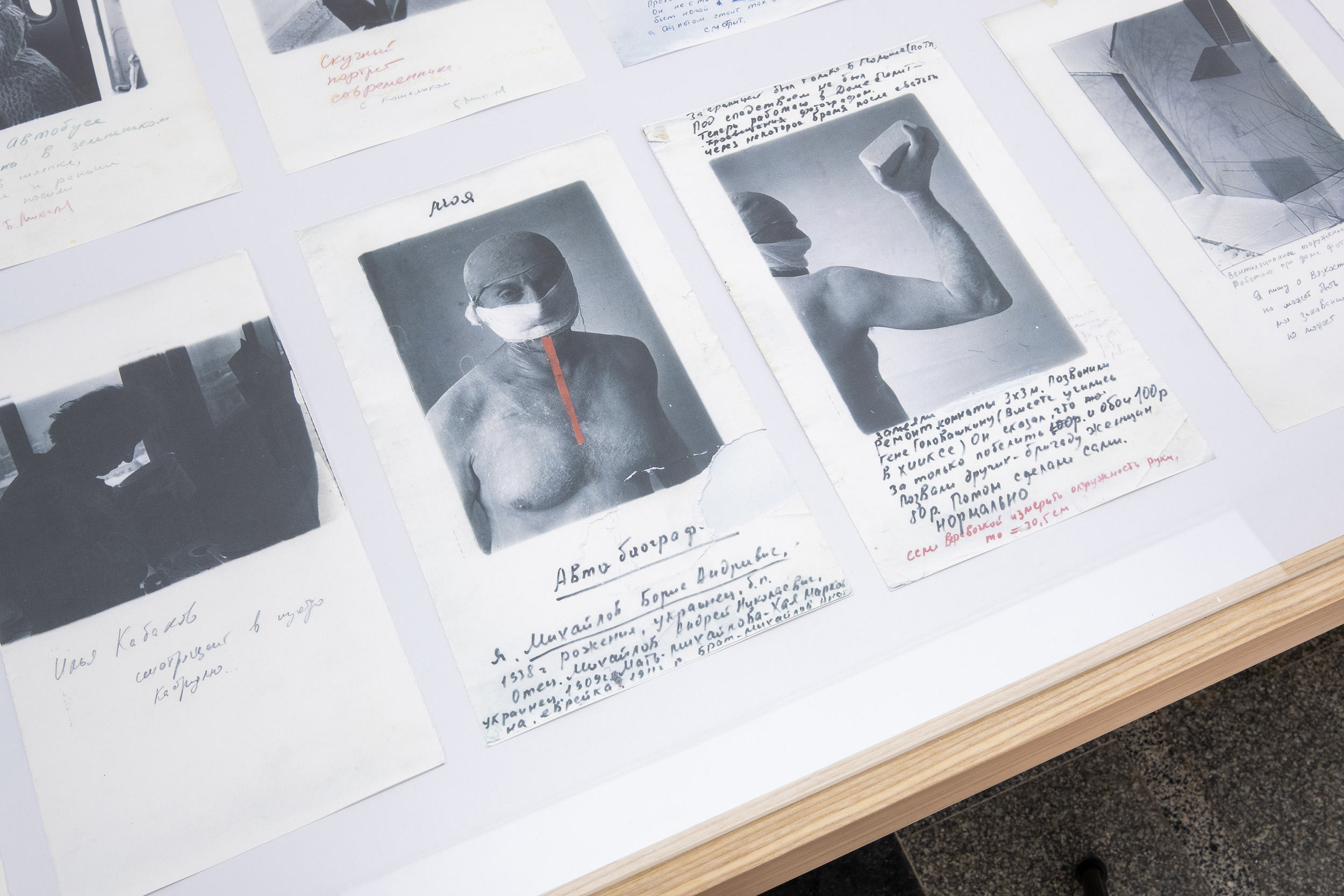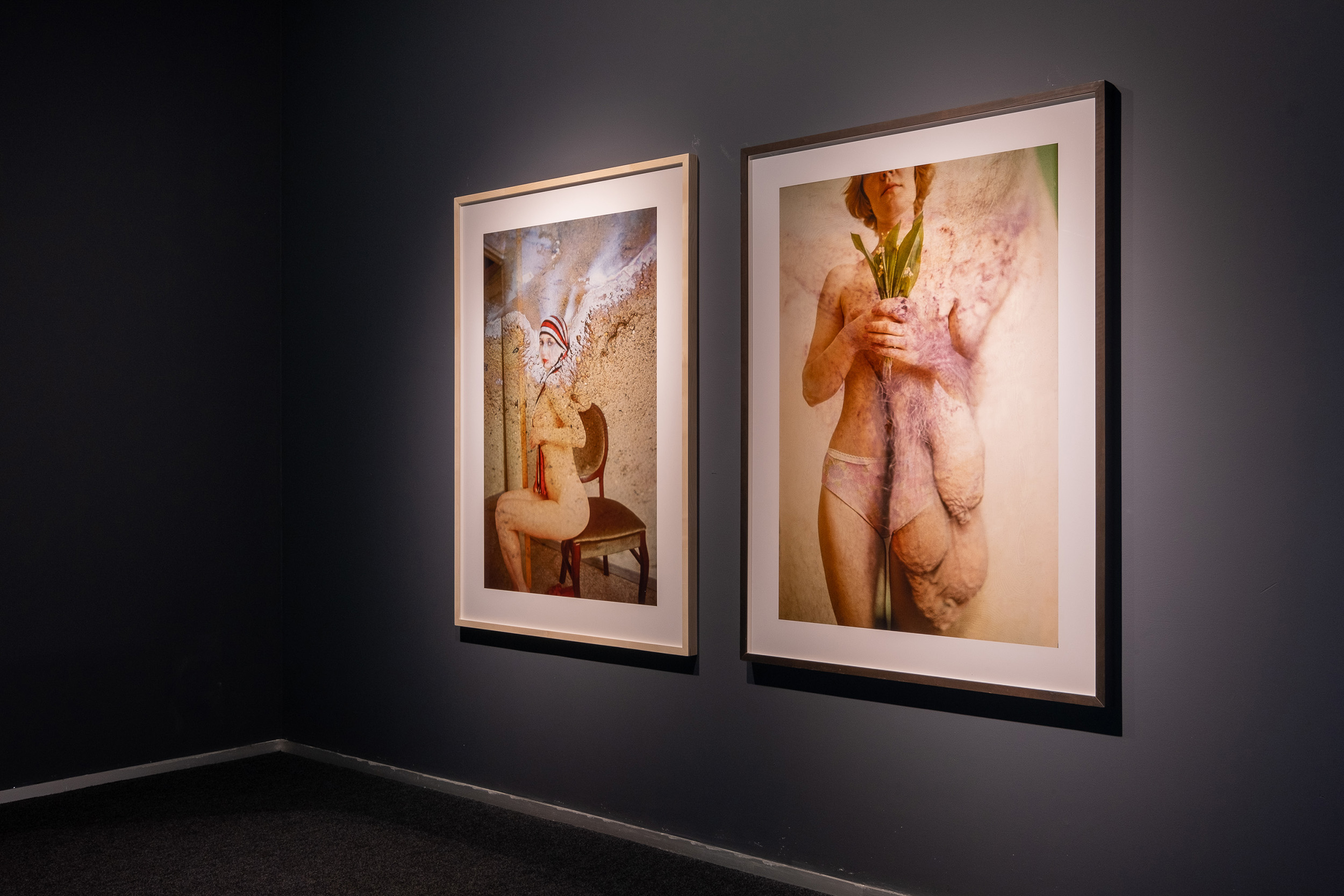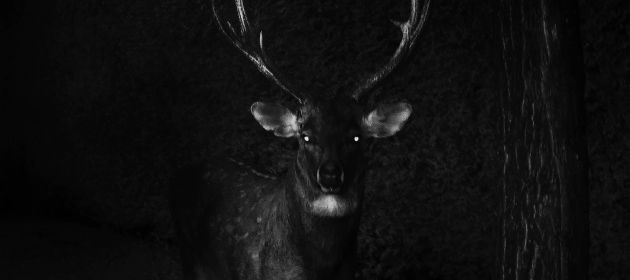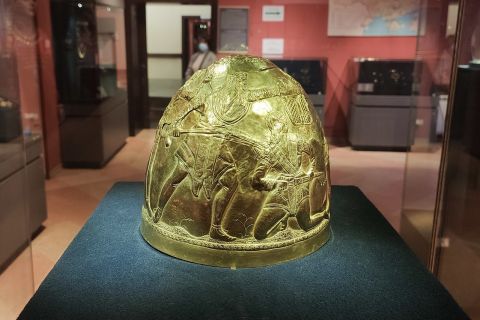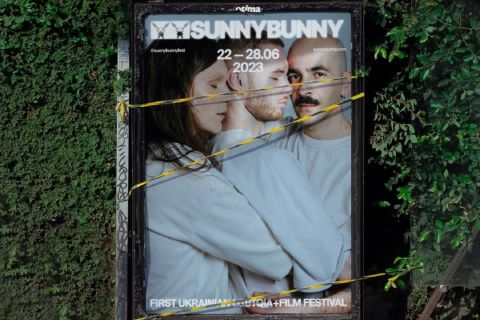Why Boris Mikhailov Is Considered a Genius Worldwide.
And Not Liked Back Home
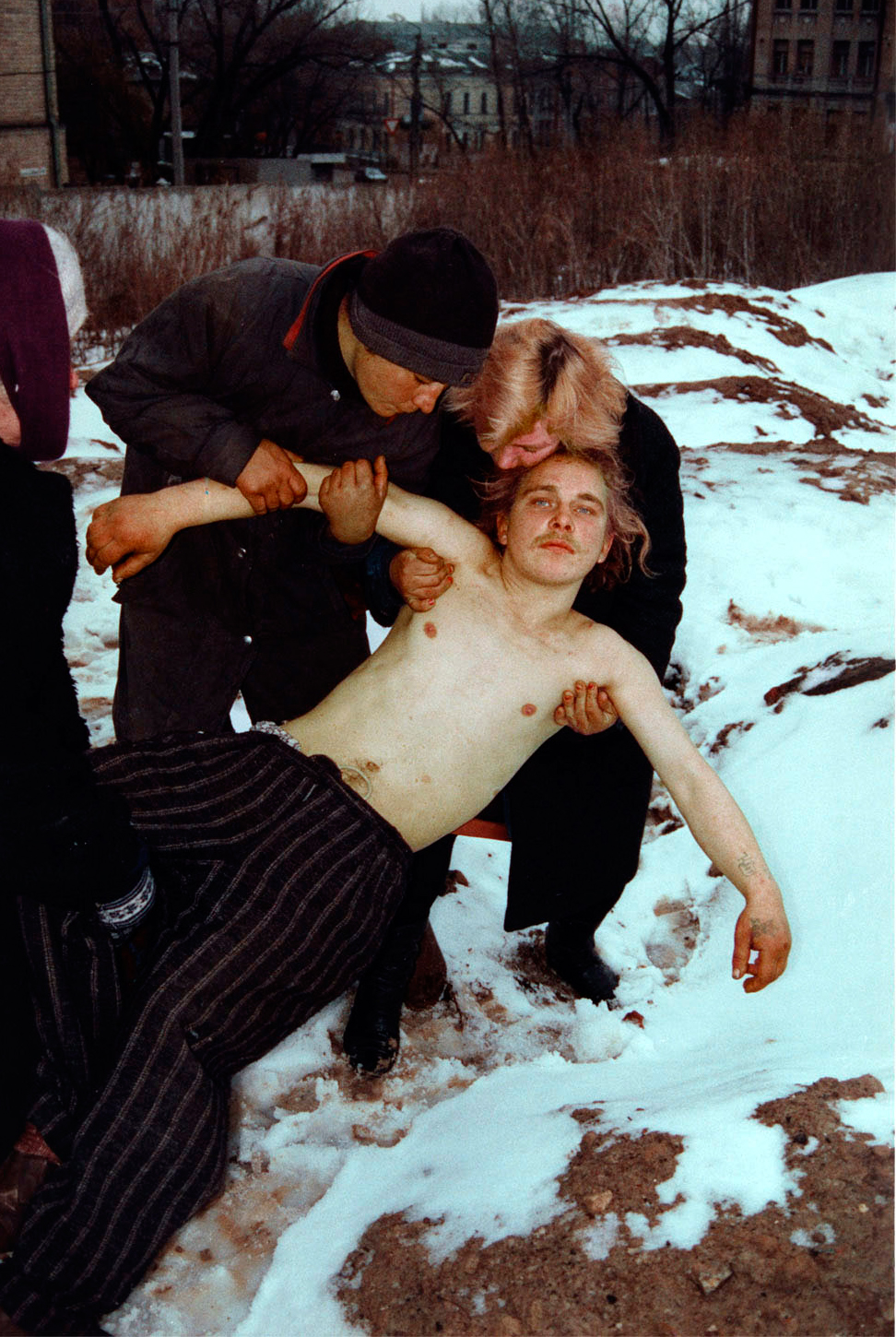
From Case History series / Boris Mikhailov / VG Bild-Kunst, Bonn 2019
On June 28, The Forbidden Image exhibition opened at the PinchukArtCentre in Kyiv, to close on December 27. The exhibition area was divided into two parts: Boris Mikhailov’s personal exhibition and the exhibition of the Kharkiv School of Photography, Crossing the Border.
Boris Mikhailov was born in Kharkiv, and now lives in Berlin. His works are part of permanent exhibitions at the Metropolitan Museum (New York), Tate Modern (London), Russian Museum (St. Petersburg), Japanese National Museum of Art (Osaka), and many other modern art museums all over the world. Mikhailov is the only Ukrainian to have even received a Hasselblad Award that is considered to be the Noble Prize in photography. In 2008, he was elected to be the member of the Academy of Visual Arts in Berlin, and in 2015 he received the prestigious Kaiser prize.
We asked photographers Viktor Marushchenko, Misha Pedan, and Alexander Liapin to explain Boris Mikhailov’s phenomenon.
***
Boris created a new visual trend that became popular after 50 years.

Photographer, teacher, founder and head of his own school of photography, winner of the Ukrsuchphoto award.
— Speaking of Boris Mikhailov’s creative work, I would identify the following four main points.
First of all, Mikhailov captured the country better than others. He understood the general and the important. Systematically and rigorously, with precision, for decades he was creating the image of a ‘little Soviet man’, an engineer — everybody wanted to be engineers in the USSR, some of those people will later become homeless — they won’t be taken into the ‘new world.’ This very ‘little man’, having lost his job, will sell things at the market or the square in front of the railroad station.
Mikhailov captured the life that surrounded him, and his characters are similar to himself. You can see it well at the exhibition in PinchukArtCentre. And while Boris took pictures of real life, (almost) everybody else was taking photographs for the sake of photographs and capturing the game of photography. When the borders opened in the 1980s, it was Mikhailov’s photography that skyrocketed abroad.
Secondly, Mikhailov has had a long life in photography, he is timeless, his photographs remain relevant today, and he gives new meaning to some of his work later sometimes. I can’t explain this phenomenon, but personally for me, Mikhailov’s work becomes more and more interesting with time.
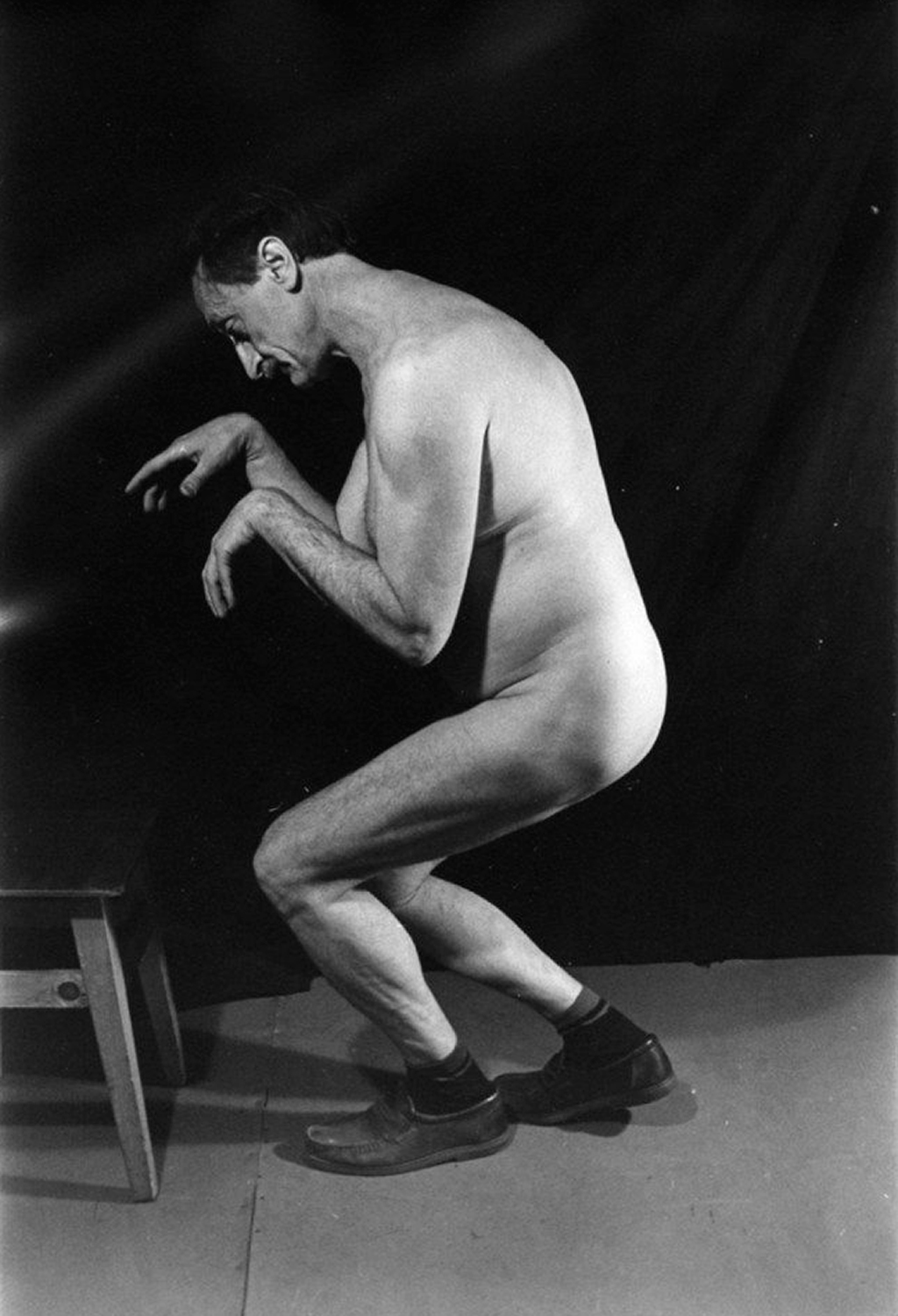
From I Am Not series / Boris Mikhailov / VG Bild-Kunst, Bonn 2019
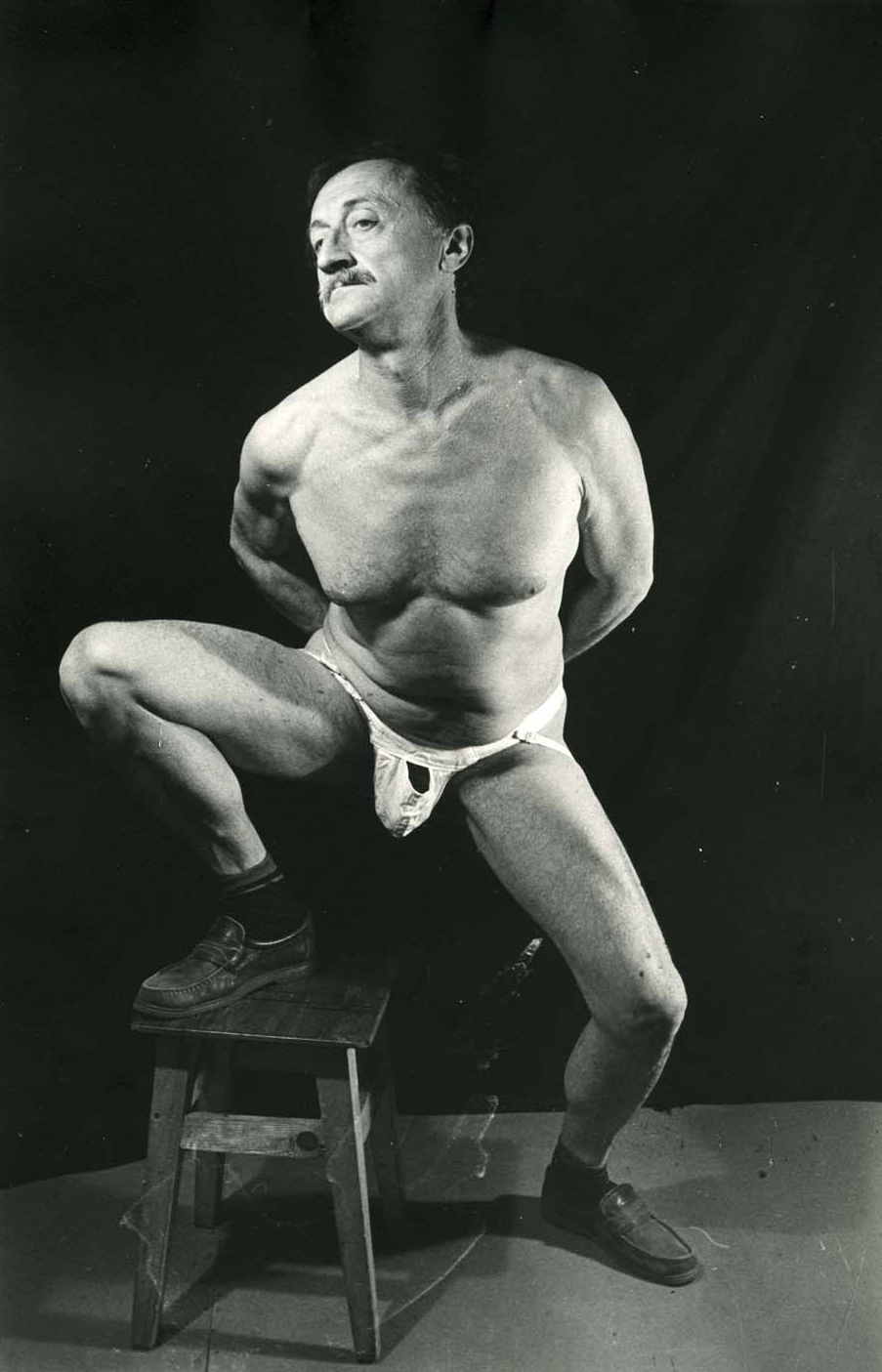
From I Am Not series / Boris Mikhailov / VG Bild-Kunst, Bonn 2019
Thirdly, Mikhailov came up with trash as an idea. Back in the 1960s, by canceling all the frame-building rules and often taking photographs ‘from the hip’, Boris created a new visual trend that became popular after 50 years. It is not a coincidence that Juergen Teller considers Mikhailov his friend and always speaks of him with a lot of respect.
And finally, Mikhailov is lucky with Vita, who is a wife, a friend, a muse, a nurse, and a co-author. They can talk for days, months, years…
Speaking of many in Ukraine not accepting Mikhailov: at the end of the previous century as digital cameras appeared, a camera became an instrument not only for photographers, but also for artists. And as you know, artists are more academically educated than photographers. Many artists base their photographs on their own ideas, and not on the outside world, meaning that they work conceptually. In this case, form loses sense and is moved to the background. That’s why a viewer perceives a work not through the image, but through explanation. Conceptual — or, let’s say, sense-based — art didn’t take root here. There are many reasons for this. Some of them stem from local mentality. Our problem, however, is not that we don’t perceive, but that we aggressively deny.
***
He saw absurdity, beauty, wildness, and love where everybody else saw grey routine.
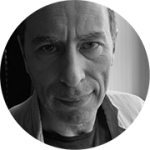
Photographer and teacher from Kharkiv, has lived in Sweden since 1990. Founder and coordinator of the Ukrainian Photographic Alternative.
— At the press conference before the exhibition opening, Bob compared the Kharkiv School of Photography with a Napoleon cake: many layers, each photographer in their own, and it’s hard to jump from layer to layer. Mikhailov got it a bit wrong. We are not Napoleon, we are Delice. There was often a chocolate bunny on top of this cake.
Boris transferred from one layer to another with incredible ease. His aesthetics (language) changed from project to project. This, in my opinion, is the reason that he is unique. He was not our teacher. He was a powerful catalyst of photographic processes. And so, the Kharkiv school propelled so much that it can’t stop. All thanks to Mikhailov, a chocolate bunny who jumps layers easily.

From Case History series / Boris Mikhailov / VG Bild-Kunst, Bonn 2019
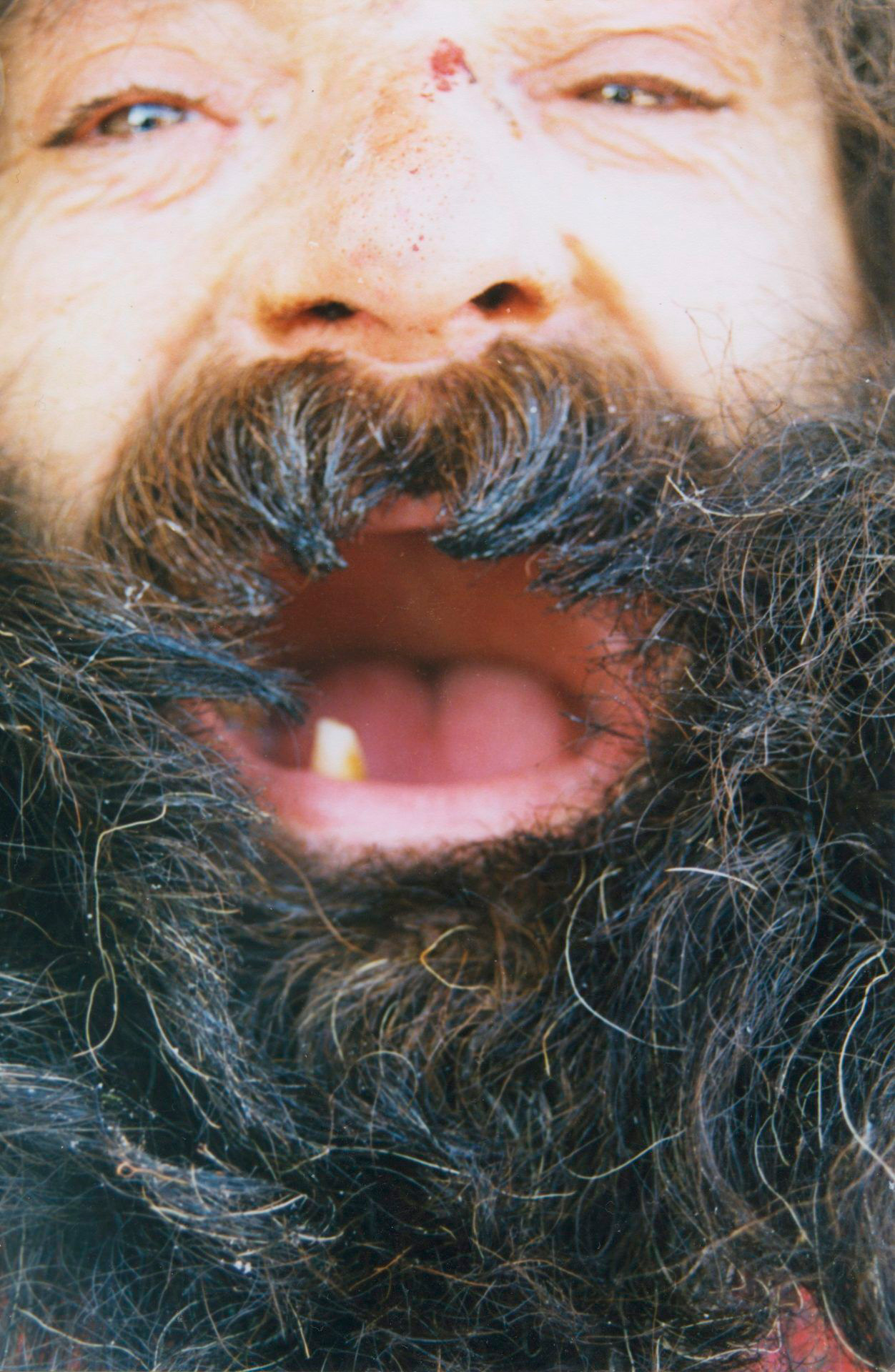
From Case History series / Boris Mikhailov / VG Bild-Kunst, Bonn 2019
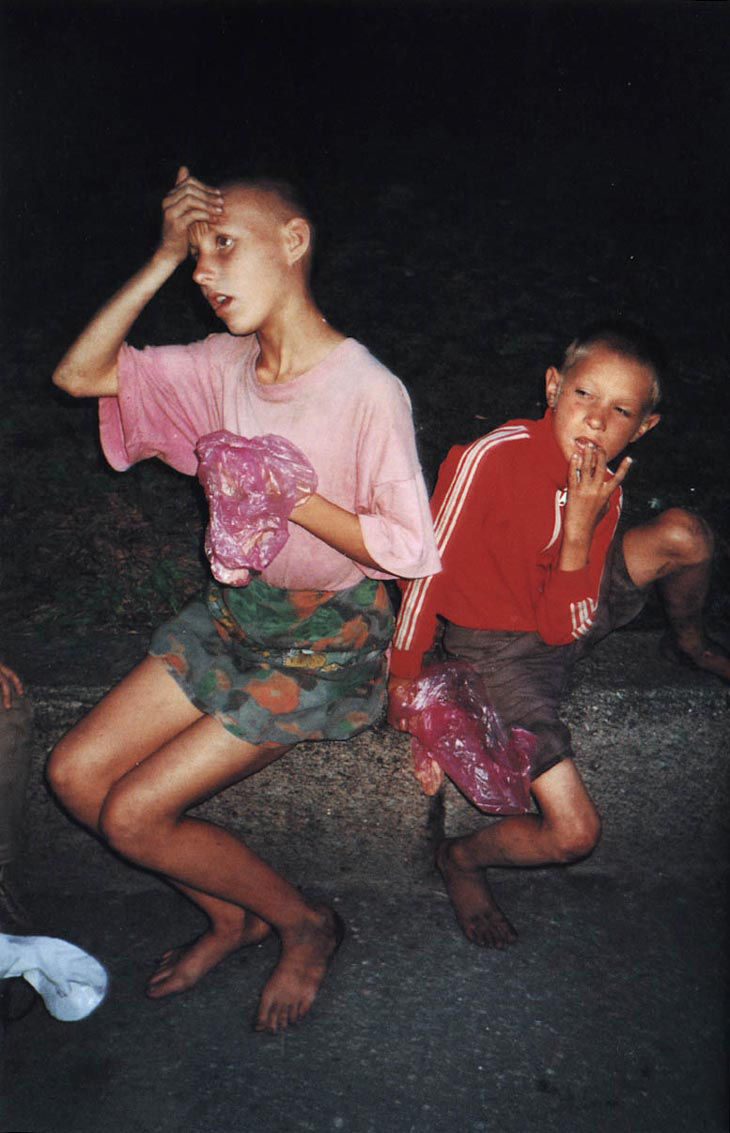
From Case History series / Boris Mikhailov / VG Bild-Kunst, Bonn 2019
Boris’ thinking is focused on photography 24/7. No matter what we started talking about, in several minutes the subject would change to photographs.
Irony is an important component of the Kharkiv school. The ability to put things into perspective. And Boris looked at things from the future. He saw absurdity, beauty, wildness, and love where everybody else saw grey routine. He must be an alien. This would have explained a lot.
The only thing that you can’t explain is why a world-renowned photographer is not understood or acknowledged in Ukraine. Could it be that today, after decades of dread, Ukrainians need only good fairy-tales? And the world that Boris shows is not a fairy-tale, and definitely not a good one. It could be that it is not the time to explain him to everybody. It could also be that there is no need for it to come ‘for everybody.’ That guy and that girl got themselves thinking, something changed in their lives — and it is good enough.
***
He stomped on mass propaganda, kitschy tastes of regular people, a way of life, like on shit.
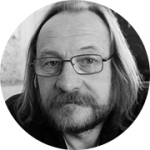
Photographer, journalist, teacher, curator, and art critic.
— Why is Boris Mikhailov a genius? Because in addition to the artist’s talent he has an insatiable courage and greediness of a creator. His internal fear — that he might have felt but has never shown — Mikhailov immediately turned into an instrument for work, to strengthen the image.
Mikhailov was lucky: he was born in the USSR, and as every normal person he felt that everything was wrong there. Being a photographer, an artist, and a thinker, Boris started acting contrary to, against, in spite of the official ideas. Everybody takes photos of beautiful women — and doesn’t take photos of the ugly ones. However, they are beautiful, too, and have a right to present their special beauty, the photographer thought.
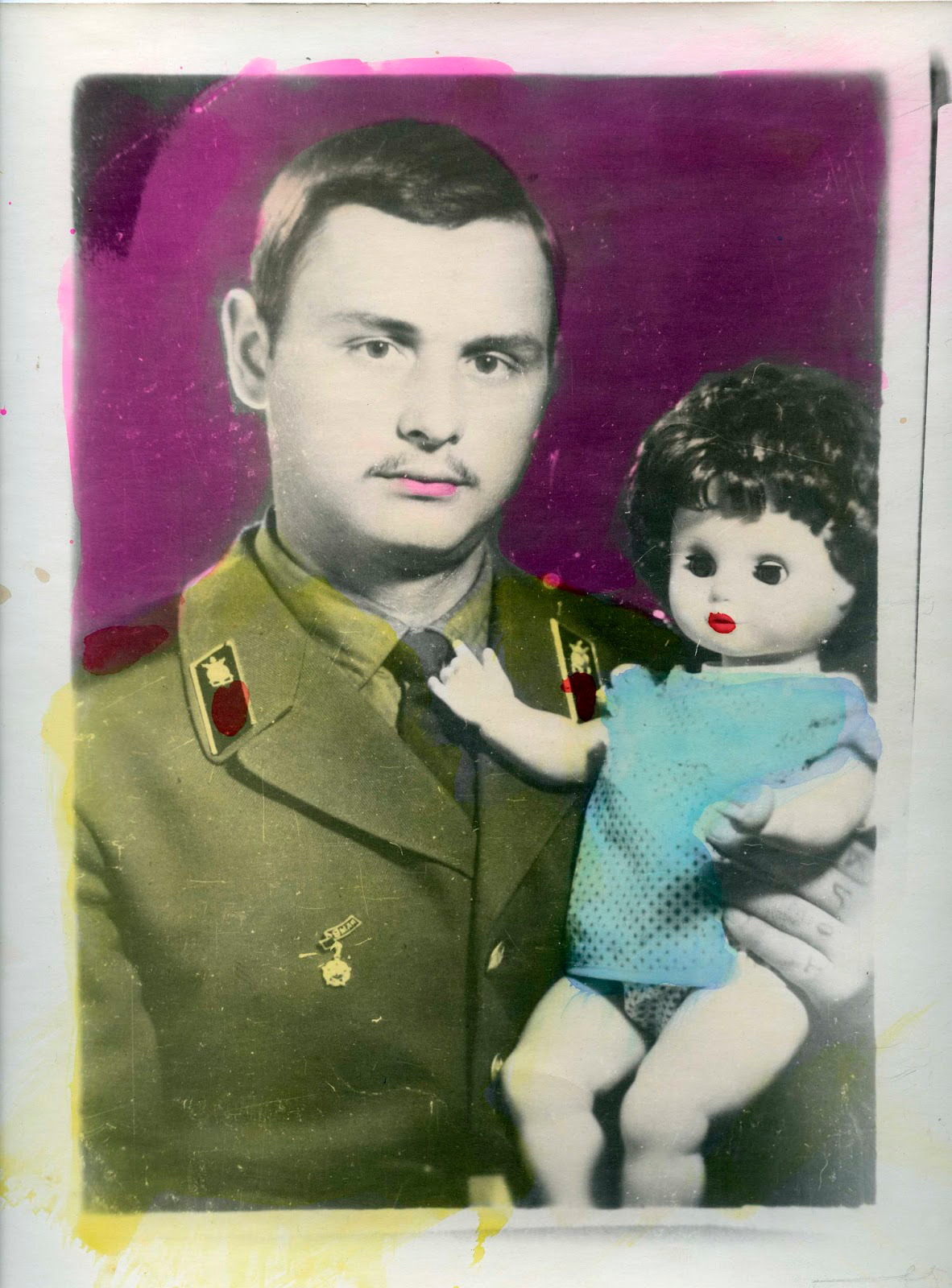
From Luriks series / Boris Mikhailov / VG Bild-Kunst, Bonn 2019
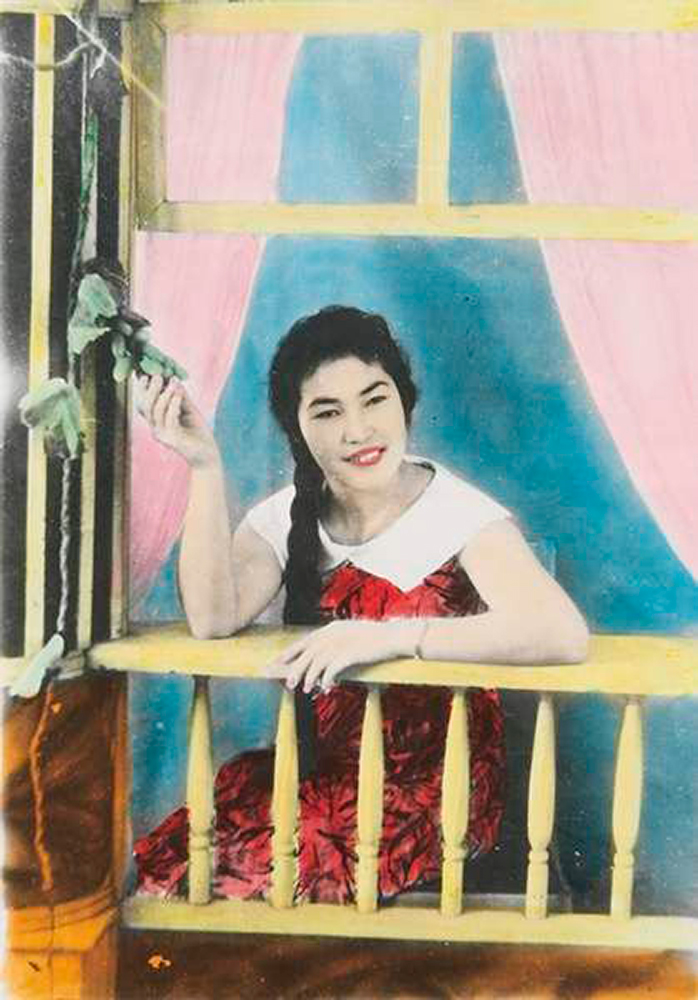
From Luriks series / Boris Mikhailov / VG Bild-Kunst, Bonn 2019
Mikhailov used the aesthetics of Soviet space in his work, but he turned it inside out. He stomped on mass propaganda, kitschy tastes of regular people, way of life, like on shit. And it resulted in powerful, titanic images. Not understandable for a regular Soviet person, but so eagerly perceived in the West, because it was a free voice from hell.
God gave Mikhailov all the necessary qualities. He is a great artist and photographer, he is incredibly sensual, delicate, and rough. He can be both unprincipled and ruthlessly principled. He has passion, erudition, his thought is free, flow-like, and carries along all the little things on its way.
In Ukraine, Mikhailov remains a dissenter, a defamatory dissident. People here won’t love, respect or understand him, while there are still Soviet ideas in their heads. And it seems they will remain there for a while. Maybe, forever.
